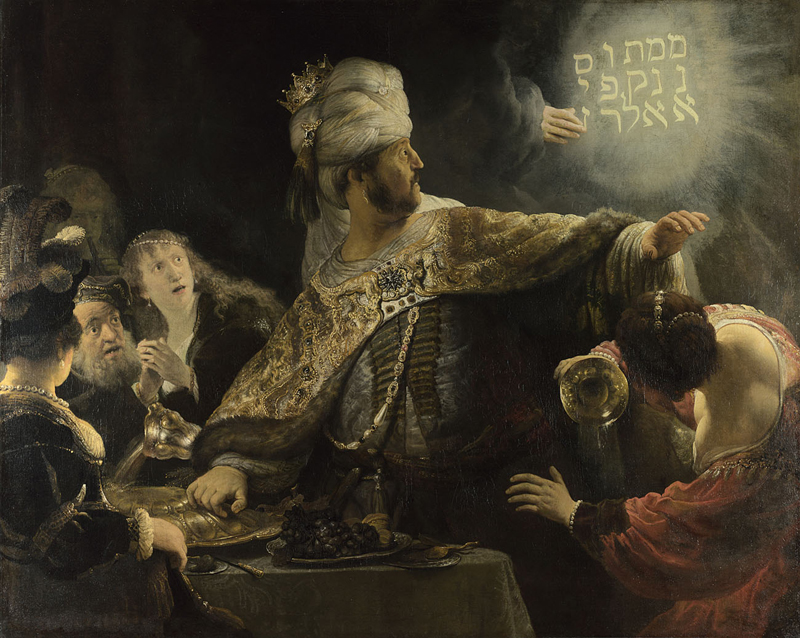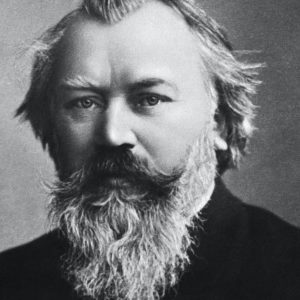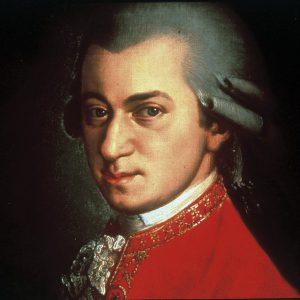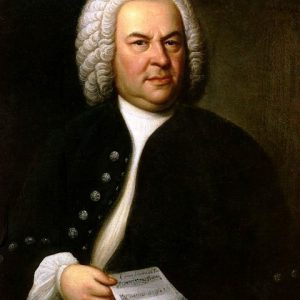CTV News story about Toronto Mendelssohn Choir's singing back-up vocals for the Barbra Streisand concert at the Air Canada Centre.
Author: tmchoir
Belshazzar’s Feast Program Notes
The Gloria by Francis Poulenc (1899 -1963) was commissioned by the Koussevitsky Music Foundation and first performed in 1961 by the Boston Symphony Orchestra conducted by Charles Munch. It was dedicated to the memory of Nathalie and Serge Koussevitsky, a former Music Director of the BSO. To many, the work seemed irreverent – this ancient sacred text from the Mass being treated frivolously with wit and humour. But what they failed to catch was Poulenc’s interpretation of liturgical joy as a swirl of musical colour and dancing rhythms.
Sacred Music for a Sacred Space 2012 Program Notes
“If men take great pains to compose beautiful music for profane songs, they should devote at least as much thought to sacred song, nay, even more than to more worldly matters.” - Giovanni Pierluigi da Palestrina, 156
Festival of Carols Program Notes
Program Notes by Rick Phillips for Toronto Mendelssohn Choir’s Festival of Carols concert
A Night of Brahms Program Notes
This all-Brahms programme deals with the theme of fate or destiny, a theme that fascinated Brahms through most of his career, ranging from desolation and isolation to resignation and acceptance. The German Requiem is the most consoling and optimistic. The Alto Rhapsody portrays a disgruntled social outcast, but resolves into a sublime prayer. In Nänie (Song of Lamentation), the gods calmly lament the passing of life and beauty. But in Gesang der Parzen (Song of the Fates), there is no way out – no resolution, no prayer – probably the most desolate piece Brahms ever composed.
Mozart: Mass in C minor Program Notes
Mozart composed Ave Verum Corpus just six months before he died. In June 1791, his wife Constanze was pregnant with their sixth child. As was her habit when pregnant, she left Vienna to take the waters at the nearby spa in Baden. Mozart joined her a few days later and composed this short motet for an old friend – the music director of a tiny church in the town, who had looked after Constanze during her frequent trips to Baden.
Sacred Music for a Sacred Space 2011 Program Notes
Throughout his life, Healey Willan claimed he was born with the ability to read music. As a choir boy in England, he studied singing, piano, organ, harmony and counterpoint and by the age of eleven was conducting choir practices. Willan continued on the path of a church musician in London, delighted by his natural gift for music.
Bach: St. John Passion Program Notes
The tradition of reading, reciting or performing the story of the passion of Jesus Christ, according to the four gospels, Matthew, Mark, Luke or John, during Holy Week, is ancient. Centuries ago, the long gospel tales were recited or chanted by a single clergy member in a declamatory, narrative style. But with all the different characters in the story, often in dialogue, a better method was devised where the pace of recitation was altered to distinguish the words of the characters, like Christ or Peter or Pilate.







